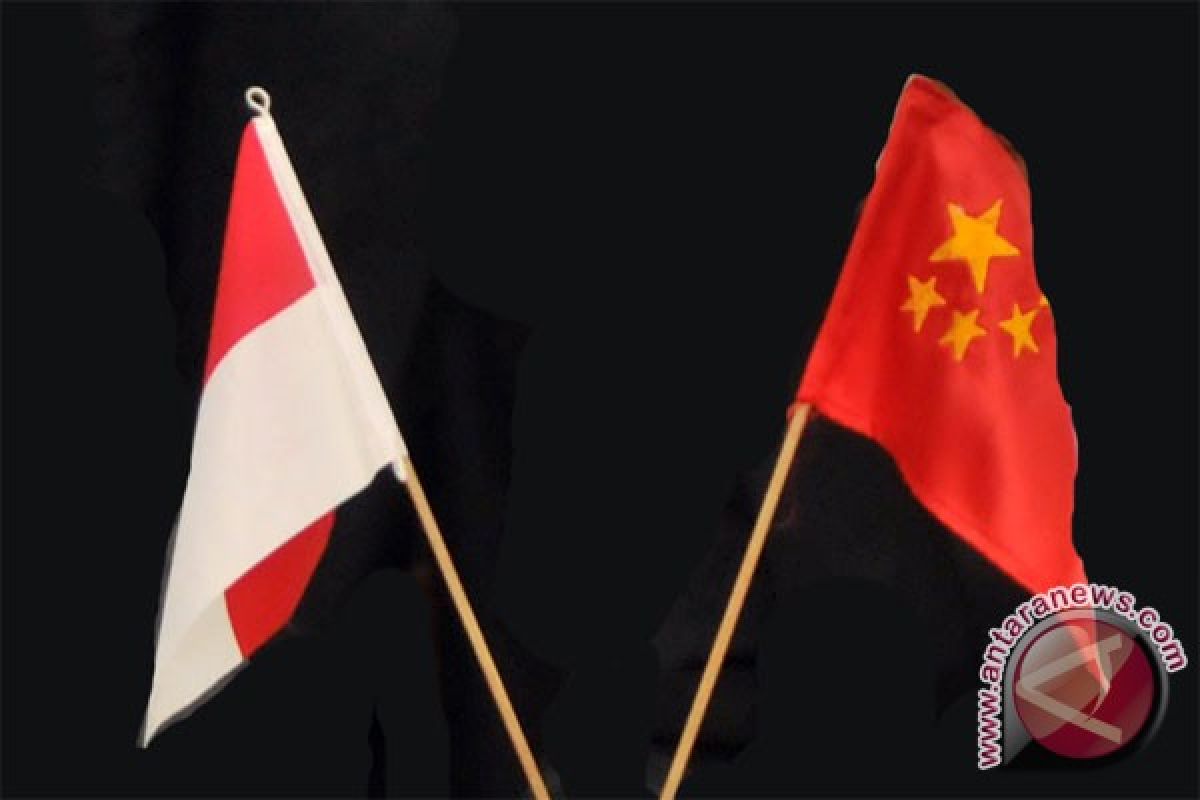Yet the deficit may increase in the upcoming months as China is likely to shift to Asian markets in response to the looming decline of its exports to Europe and the United States as a result of the lingering economic crises.
Not surprisingly, Indonesia, with a population of about 240 million and Southeast Asia`s largest economy, will become one of China`s main export markets.
Of note, Industry Minister MS Hidayat said on April 5 that the ASEAN - China Free Trade Agreement (ACFTA) has reduced the competitive edge of Indonesia`s manufacturing industries, leading to an excess of Chinese goods flooding the Indonesian market.
He added that domestic industries still do not have enough capital to compete with their Chinese rivals, while the government remains unable to increase the competitiveness of local manufacturing industries.
Data from the Central Statistics Agency (BPS) shows that Indonesia exported US$2.941 billion worth of non-oil/non-gas commodities to China in the January-February 2012 period, while its imports from the Asian economic giant reached US$4.412 billion.
The deputy chairman of the Indonesian Chamber of Commerce and Industry (Kadin) for trade, distribution and logistics, Natsir Mansyur, told the Republika daily that he was not optimistic about Indonesia being able to equalize the value of its imports from China.
Additionally, the Indonesian government would ban mineral exports as of May 2012 under the Regulation of the Energy and Mineral Resources Ministry No. 7/2012, he added.
"So the deficit will keep increasing," he said.
China became the third-largest export market for Indonesia in 2011, with non-oil exports to China reaching US$8.9 billion, after Japan (US$11.98 billion) and the US (US$10.5 billion).
Both China and Indonesia have thus far been divided over their trade statistics. The two-way trade between the two nations in 2011 reached US$60.5 billion, an increase of about 42 percent from US$42.7 billion in 2010.
Indonesia recorded trade between the two countries at US$50 billion, while China put it at US$60 billion.
According to the Chinese government`s data, its exports to Indonesia last year reached US$29.2 billion, while its imports from Indonesia were US$31.3 billion, or a deficit of about US$2 billion for China.
The Indonesian government`s data, however, records the two countries` two-way trade at around US$50 billion, with Indonesia having a deficit of some US$2 billion.
Since the two nations created a strategic partnership in Jakarta in 2005, China and Indonesia have been witnessing rapid growth in bilateral trade and economic ties.
Last year, China absorbed 9.2 percent of Indonesia`s total non-oil exports. But China`s imports from Indonesia accounted for only 1.3 percent of their total imports.
As President Susilo Bambang Yudhoyono stated during a state visit to China from March 22-24, the data discrepancy has possibly occurred due to some goods being exported through unofficial means.
"A lot of Indonesian goods have been exported through a neighboring country. That is a form of treason," he said.
He instructed the trade ministry and other government agencies to bring order to the trade between Indonesia and China.
"If they have violated the regulations, they should just be fired. There is no need to counsel them," he said, referring to those responsible for under-reporting trade volumes.
Yudhoyono reiterated the need to boost the volume of trade from Indonesia to China to reduce the trade deficit.
Further, Deputy Trade Minister Bayu Krisnamurthi said the government had a special agenda to equalize trade discrepancies, particularly with China.
He said domestic demand for Chinese goods was on the increase. "Therefore, we need to encourage local producers to increase their exports to China," he said at a press conference on Indonesia`s export and import performance in Jakarta on April 3.
Krisnamurthi added that the export of Indonesia`s tropical fruit, mangosteen, to China jumped by 1,700 percent, household utensils by 105.8 percent, footwear by 309 percent, cocoa beans by 397 percent, and cocoa powder by 109 percent.
Meanwhile, Krisnamurthi noted that to prevent a further deficit in trade with China, Indonesian businesspersons must be more innovative. The high local demand for Chinese products was not merely caused by their lower prices, but also by their quality, which met Indonesian consumers` needs.
Also, State Enterprises Minister Dahlan Iskan said on March 27 that Indonesia`s tropical fruits had the potential to penetrate the Chinese market.
"If we wish to increase the value of our exports to China, we should export more tropical fruits to the country," said Dahlan, who along with a number of ministers accompanied President Yudhoyono during a state visit to China last month.
He said the export of tropical fruits such as mango, rambutan, pineapple, mangosteen, rose-apple, and soursop may serve as an effort to increase the value of Indonesia`s trade with China.
"Demand for tropical fruits in China is high. They will be absorbed no matter how large the quantity," he said.
(T.S012/INE/KR-BSR/H-YH)
Reporter: by Suharto
Editor: Priyambodo RH
Copyright © ANTARA 2012










